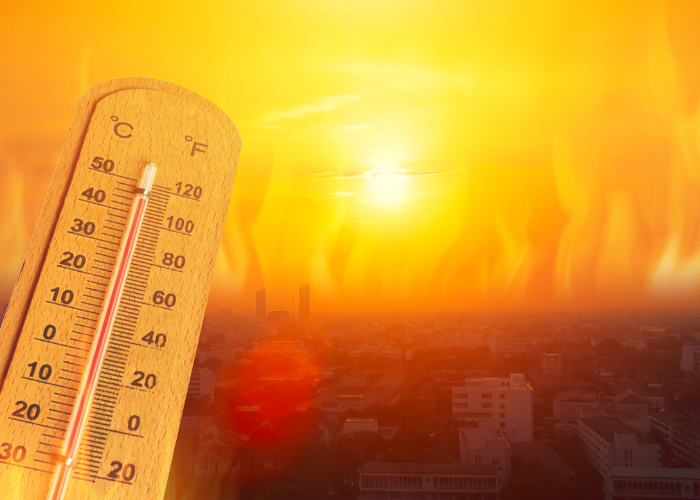July Message from the Directors: Addressing climate change through team science
Message

As we enjoy the Chicago summer and outdoor events, we are also hearing of the effects of the devastating heat wave that is hitting Europe this summer and the increasingly negative effects of climate change on human health.
Extreme temperatures, wildfires, and more natural weather disasters (such as floods) are a byproduct of climate change and pose new threats to our health. Climate change will also create new public health challenges, especially for low income, minoritized, or vulnerable populations and will exacerbate existing health disparities. Children and the elderly have higher risks of health stroke and related illnesses than other adults. Minoritized communities, who often suffer from poorer living conditions, discrimination, and multiple stressors may have fewer resources to cope with the weather emergencies.
We can look at Chicago’s own history with the heat wave of 1995, which was one of the worst weather related disasters: over 700 deaths were attributed to the heat wave, and most of the victims were elderly and poor residents who could not afford air conditioning or who could not open windows because of fear of crime in their neighborhoods. Thus, climate change is a health equity issue, and one for which we need to start to address more aggressively to better prepare for weather emergencies.
One of the goals of the CCTS is to help increase our preparedness for public health emergencies, which can include pandemics and climate change, and to bolster our workforce to respond proactively to reduce disaster potentials. As a center, we will continue to work to promote research and training so we are all better prepared to address the potential health harms of climate change. Addressing climate change and health requires team science, and the CCTS will be building our capacity to help reduce harms from future weather disasters.
– Robin Mermelstein, PhD & Richard Novak, MD